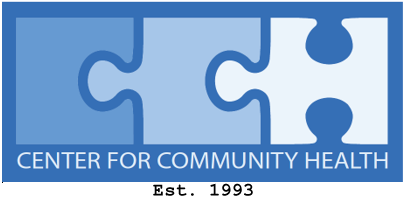ABSTRACT


This application is being submitted in response to the Notice of Special Interest (NOSI) identified as NOT-CA-23-041: Administrative supplements to examine the effects of digital tools and interventions on patient-provider communication across the cancer control continuum. It is difficult for physicians to deliver bad news to patients, such as a cancer diagnosis. Communication skills training is limited, often taking place through workshops or standardized patients (SP). SP programs provide active learning opportunities for clinicians to solidify passive classroom learning but also introduce challenges in recruiting, training, and retaining SP, and maintaining program fidelity using different SP. We propose to develop a virtual reality (VR) communication training module for physicians that incorporates simulated SP (avatars) to address challenges using live SP. This is an innovative application of VR training in the healthcare sector. To date, VR has largely been used to enhance telehealth, train physicians to refine motor skills, and manage patient pain. As a use case, we will develop a VR training module for primary care physicians to rehearse communicating an abnormal mammography result to a patient and the evaluation that ensues. We chose this use case because it is a common and challenging communication scenario for physicians and their patients, and one we can reasonably address within a one-year timeline and limited funding allotted by this NOSI. Breast cancer is the most common incident cancer among women in the United States. Mammography is a screening tool that yields a high rate of false positives after repeat testing. Physicians need proficient interpersonal communication skills to help their patients navigate the emotions that accompany a positive screen and present for follow-up to take appropriate action for further testing and treatment if cancer is present. Our team in the UCLA Geffen School of Medicine (SOM) brings multidisciplinary expertise


in primary and oncology clinical care, VR and human-centered design, and mixed methods. We will conduct in-depth interviews with primary care physicians (n=5), SOM students (n=5), and breast cancer survivors to construct journey maps (n=5) and identify ways for physicians to better communicate with patients and help them navigate medical diagnostic and treatment processes that begin with an abnormal mammography. Based on qualitative findings, we will plan out the training module using story boards to adequately capture patient diversity and potential variations in conversation streams between providers and patients, patient reactions and emotions, and physical appearances of patients. After storyboarding, we will iteratively develop a VR training module and patient avatars as a proof-of-concept and evaluate feasibility, acceptability, and usability with 10 SOM students and residents. Specific aims are to: (a) Use qualitative methodology to develop a VR communications training module; and (b) Evaluate the feasibility, acceptability, and usability of the VR module through a single arm proof-of-concept trial with medical students.
